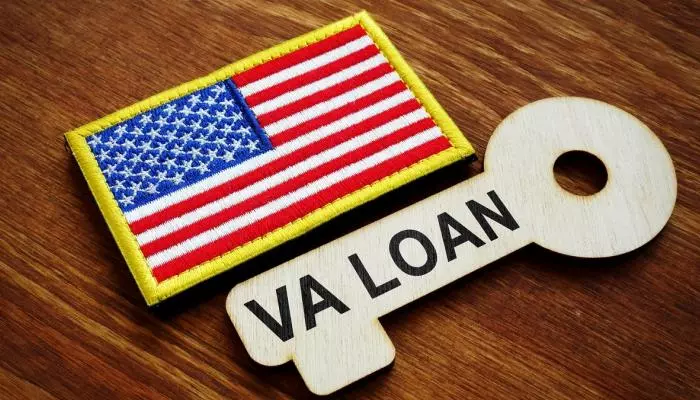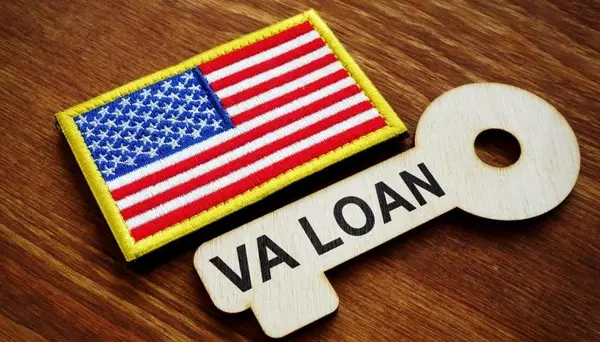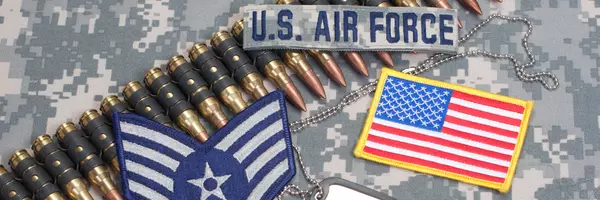Understanding and using your VA Mortgage Benefits

Understanding and Using Your VA Mortgage Benefits
Are you a military veteran looking to buy a home? If so, you might be eligible for a VA mortgage. VA mortgages offer a number of benefits, including lower interest rates and no down payment requirement. In this blog post, we'll take a closer look at VA mortgages and what you need to know to take advantage of this valuable benefit.
Qualifications for VA Mortgages
To qualify for a VA mortgage, you must meet certain eligibility requirements. These include:
- You must be a veteran who served on active duty for at least 90 consecutive days during wartime, or 181 consecutive days during peacetime.
- You must have been discharged under conditions other than dishonorable.
- You must have completed basic training.
- You must meet certain credit and income requirements.
If you meet these qualifications, you can apply for a VA mortgage through a lender that participates in the VA home loan program.
VA Mortgage Ratios
VA mortgages have certain requirements when it comes to debt-to-income (DTI) ratios. Your DTI ratio is the percentage of your monthly income that goes toward paying off debt. VA mortgages generally require a DTI ratio of no more than 41%. However, there may be some flexibility in this requirement depending on your individual circumstances.
In addition to the DTI ratio, VA mortgages also have a residual income requirement. Residual income is the amount of money you have left over each month after paying all of your bills. The VA has established residual income guidelines based on family size and geographic location. You must meet these guidelines to qualify for a VA mortgage.
VA Mortgage Requirements
In addition to the qualifications and ratios discussed above, there are some other requirements you should be aware of when applying for a VA mortgage. These include:
- The property you're buying must be your primary residence.
- The property must meet certain minimum property requirements (MPRs) established by the VA. These include things like having a safe water supply and adequate heating and electrical systems.
- You may be required to pay a funding fee. This fee helps to offset the cost of the VA home loan program for taxpayers. The amount of the fee varies depending on your military service and the size of your down payment.
VA Inspections and Appraisals
When using a VA mortgage to purchase a home, there are a few things to keep in mind regarding inspections, appraisals, and fees.
One important thing to note is that the VA requires certain property requirements to be met before approving a loan. These requirements are known as Minimum Property Requirements (MPRs). However, the VA does not guarantee that the property is free of defects, so it's important to also get a home inspection.
A home inspection is an important part of the home buying process, especially when using a VA mortgage. While the MPRs cover basic safety and livability requirements, a home inspection can help identify any potential issues that may exist beyond those requirements. This can include things like a leaky roof, faulty electrical wiring, or outdated plumbing. A thorough home inspection can give you peace of mind that you're making a sound investment.
An appraisal is also required when using a VA mortgage. An appraisal is an assessment of the fair market value of the property. This is important for both the lender and the borrower, as it helps ensure that the property is worth the amount being loaned. The VA has specific requirements when it comes to appraisals, including that the appraiser be VA-approved and that the appraisal be completed within a certain timeframe.
Finally, it's important to be aware of any fees associated with a VA mortgage. While VA mortgages generally do not require a down payment, there are still fees that may be associated with the loan. One such fee is the funding fee, which is a percentage of the loan amount that helps offset the cost of the VA home loan program for taxpayers. The amount of the funding fee varies depending on your military service and the size of your down payment. In addition to the funding fee, there may also be closing costs, which can include things like appraisal fees, title fees, and attorney fees.
In summary, when using a VA mortgage to purchase a home, it's important to keep in mind the requirements for inspections and appraisals, as well as any associated fees. By understanding these aspects of the loan process, you can make an informed decision about whether a VA mortgage is right for you.
Conclusion
If you're a military veteran looking to buy a home, a VA mortgage can be a great option. By understanding the qualifications, ratios, and requirements associated with VA mortgages, you can make an informed decision about whether this type of loan is right for you. Be sure to work with a lender who is familiar with the VA home loan program and can help guide you through the application process. With the right preparation and assistance, you can take advantage of your VA mortgage benefits and achieve your dream of homeownership.
Susan Cook is a trusted real estate broker with over 20 years experience helping our military family with home ownership and she is an expert at the process. If you have any questions about using your VA eligibility reach out to her.
Recent Posts






